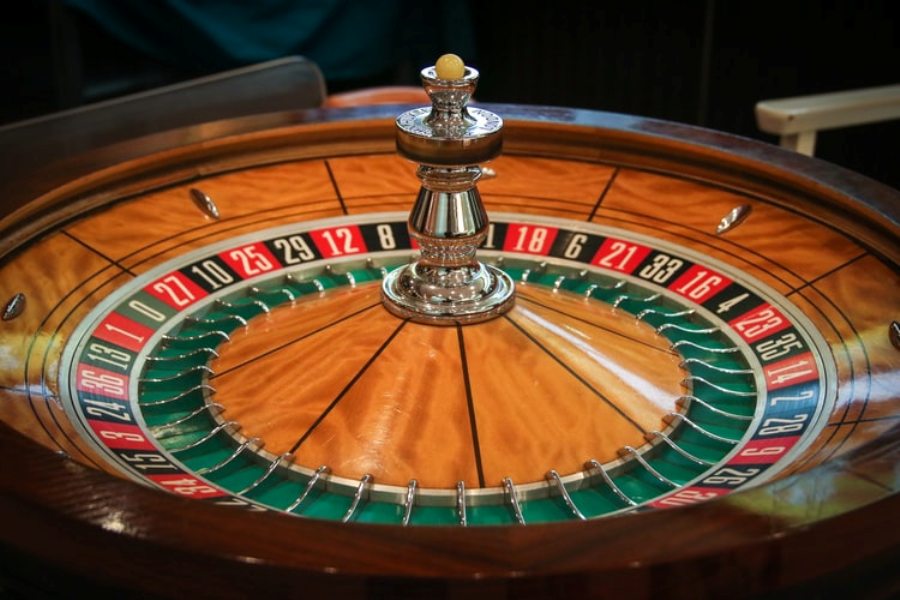
Casino games have captivated gamblers for decades, luring them into a realm of excitement, chance, and wealth. From the blinking lights of gambling machines to the intense nature of card tables, these activities offer a special blend of entertainment and risk. However, beneath the facade of this sparkle and finesse lies a complex interplay of calculations that shapes every result and choice made within the gaming hall.
Grasping this relationship between casino games and math merely boosts the playing experience but may also help gamblers make wise selections. Whether you are a occasional punter or a avid follower, recognizing the numerical strategies at play can give insightful knowledge into chances, odds, and tactics, ultimately influencing how one approaches these chance games.
Arithmetic Probability in Gambling
In the world of casino games, statistical probability plays a vital role in determining outcomes and guiding player choices. Each game has a distinct set of rules and a specific likelihood framework that affects its mechanics. For instance, in games like the roulette wheel, players must understand the chances of choosing a certain number or shade. The likelihood of certain events happening can be computed, and this knowledge can greatly affect betting strategies.
Gambers also need to be informed of the casino edge, which is the mathematical advantage that casinos hold over gamblers in the long term. This edge varies across various games. In blackjack, skilled players can use tactics to lower the house edge to as low as one %, while in games like slot machines, the house advantage can be much higher. Understanding the house advantage allows players to make wise choices about which activities to participate in and the amount to wager.
Moreover, probability is crucial in the concept of danger versus gain in betting. Each bet carries a particular risk level, and players must evaluate the possible return against that danger. kjc.auction Games like poker require players to not only compute the chances of their own showing winning but also to assess the probabilities of their rivals’ showings. By utilizing statistical concepts to their strategy, players can enhance their odds of success and engage more strategically in the thrilling realm of gambling games.
Expected Worth in Gambling Games
When talking about gambling activities, one of the fundamental concepts rooted in math is the expected value. This numerical measure helps gamblers understand the possible outcomes of their bets over time. In basic terms, expected worth (EV) calculates the mean amount a player can expect to gain or lose per wager if they were to play the activity repeatedly. Each activity has its unique EV, influenced by the odds and the house edge, which signifies the advantage that the casino holds.
For instance, consider a activity like roulette. The anticipated value can be derived based on the specific bet made. If a player bets on a individual number, the return is 35 to 1, but the true odds of winning that wager are 1 in 37 (in European the roulette game). This results in a detrimental expected worth, indicating that, on average, players will lose money over time when playing this type of bet. Grasping this idea allows gamblers to make more informed decisions about which activities and wagers may be more favorable.
Furthermore, the investigation of anticipated value can lead to better bankroll management. Players who comprehend the mathematics behind their activities are often able to set practical goals. By acknowledging their potential deficits and profits, they can modify their gambling strategies appropriately, which may enhance their overall gambling experience. As a result, anticipated worth serves as a critical resource for both beginner and experienced gamblers to navigate the frequently volatile character of gambling games.
Strategies and Chances: The Math Behind Winning
In casino games, comprehending the probabilities is essential for players attempting to boost their likelihood of winning. Each contest has its own distinct set of probabilities that dictate winning results, and these figures are often presented in the game’s regulations or reward charts. For instance, in activities like 21, players can improve their chances through strategies such as card counting, which relies on arithmetic concepts to gain an edge over the casino. By acquainting themselves with the chances, gamblers can make more educated choices on when to wager and when to quit.
Furthermore, the principle of expected value has a major role in gaming tactics. Average outcome assesses the average outcome of a stake over a period, allowing participants to judge whether a particular bet is justifiable taking. For example, slot machines have a fixed return percentage, which can show the expected return a participant can anticipate on their stakes. By choosing games with higher average outcomes, participants can minimize the house edge, boosting their possible rewards in the over time.
Lastly, successful players often utilize a blend of luck and mathematical strategy to boost their gaming experience. While luck can’t be controlled, managing a betting strategy based on calculative ideas can lead to more favorable outcomes. By making use of techniques such as budgeting and choosing games, gamblers can utilize math to navigate the random nature of gambling activities, making the most of their investments and resources at the casino.
